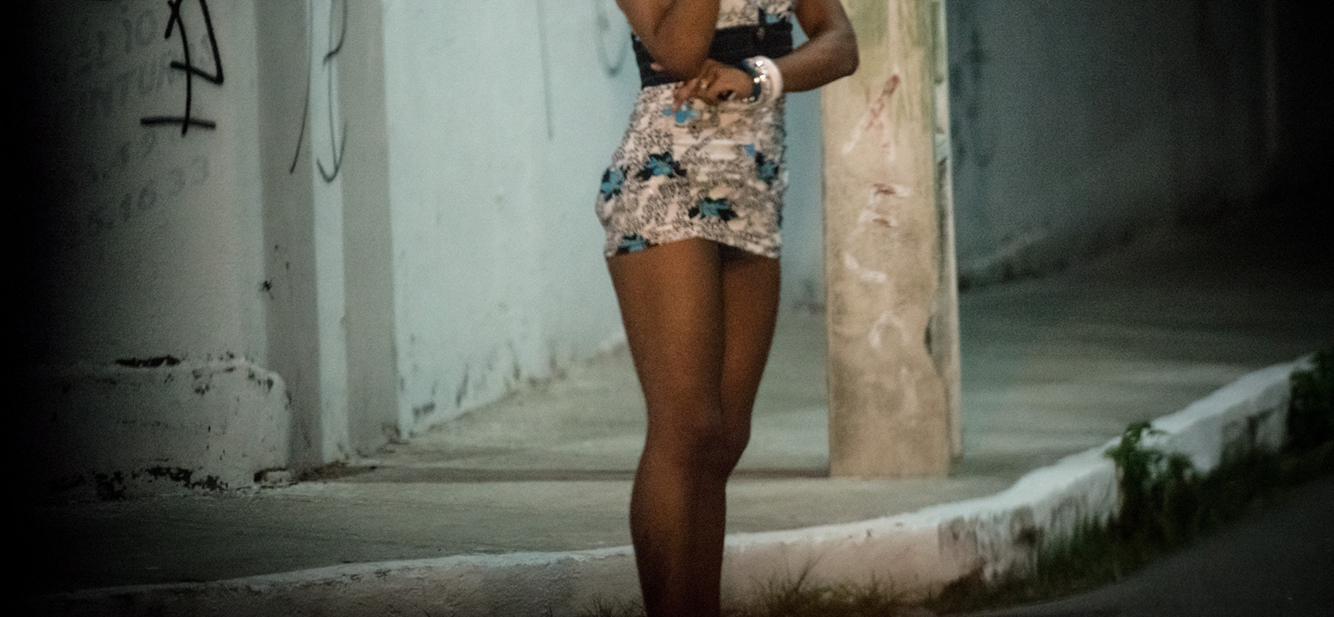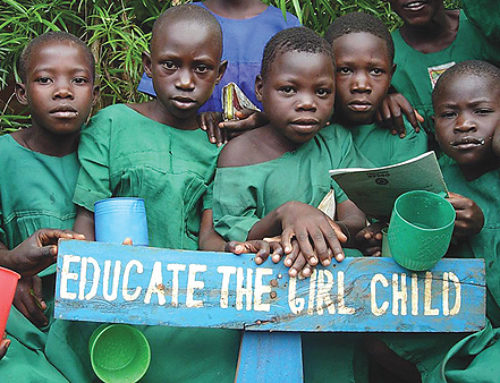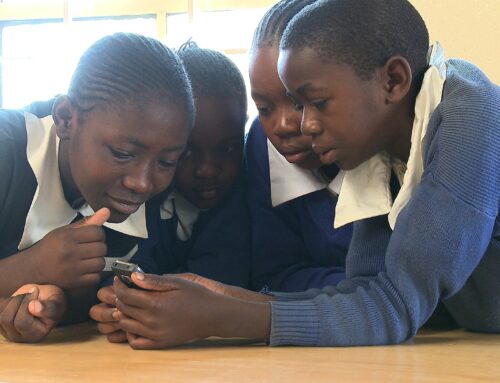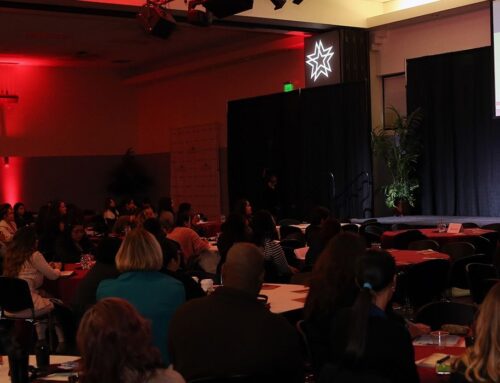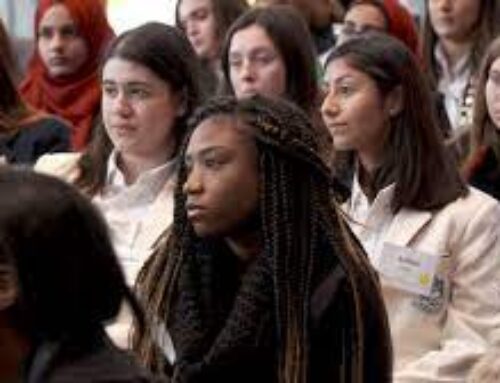Cameroon has one of the highest HIV prevalence in West and Central Africa of 5.5% (PEPFAR) The prevalence of HIV moved from 0.4% in 1987 to 1.2% in 1990 to 4% in 1992 to about 7% in 1997 to 11% in 2000 and then dropped to 5.5% in 2004 (WHO). This drop in prevalence could be attributed to increasing sensitization and free screening campaigns organized by the government and private health organizations. In 2004, the Cameroon Baptist Health Services started the New Life Club to help combat the HIV epidemic among sex workers. The purpose of the project at the time of inception was to reduce the incidence of HIV/AIDS in the North West province by rehabilitating and reforming sex workers. The North West province is the most affected in the Country followed by Yaoundé and Douala.
The New Life Club network started with a small group of girls in Bamenda and has seen an exponential growth since its inception. In 2008, the program had just 3 groups in Bamenda and had about 66 members. Today the program has seen a rapid increase, creating eleven (11) functional clubs/associations in Mezam Division and one in Bui where behavior change and safer sex practices are reinforced. There is a new group in the littoral province. The program is estimated to have about 500 members and is looking forward to opening a new club in the South West Province.
Program Coordinators perform outreach activities involving identification and creation of associations of Female Commercial Sex Workers (FCSWs) to reduce the risks of acquiring and transmitting STIs especially HIV/AIDS. NLC members are empowered to quit street life through the continuous provision of alternative skills and activities (petit self-help projects, schooling, apprenticeship in various disciplines, and business/trading). This may be difficult because some of these girls are recruited into the sex trade business through pimps who send out recruiters to villages all over Cameroon, and take advantage of the economic status of these people. These girls are thrown into brothels or are sold to human trafficking networks all over the world. They beat them and send in many men to rape them until they are “seasoned” (accept men without fighting and begin to pretend they enjoy sex with men who pay). These girls are conditionally tied to these pimps who may threaten their lives and that of their families if they attempt to leave. Some girls voluntarily get involve because of poverty and looking for ways to help their families.
Sex Workers are often marginalized, stigmatized and criminalized worldwide. The law rarely protects sex workers in most African countries thus exposing them to violence from both state and non-state actors such as law enforcements, clients, and even family members. Sex workers who are raped hardly bring charges to their attackers and this lack of protection leave them vulnerable to violence and rape.
This is not only a Cameroon problem, it is a global problem were young girls and women engage in behavioral activities that expose them to diseases such as HIV/AIDS. In Nigeria and Ghana, HIV prevalence among sex workers is almost eight times higher than the general population. So the need to rehabilitate sex workers is great. AG has assumed the role of rehabilitation by providing educational services and apprenticeship programs to Sex workers.


